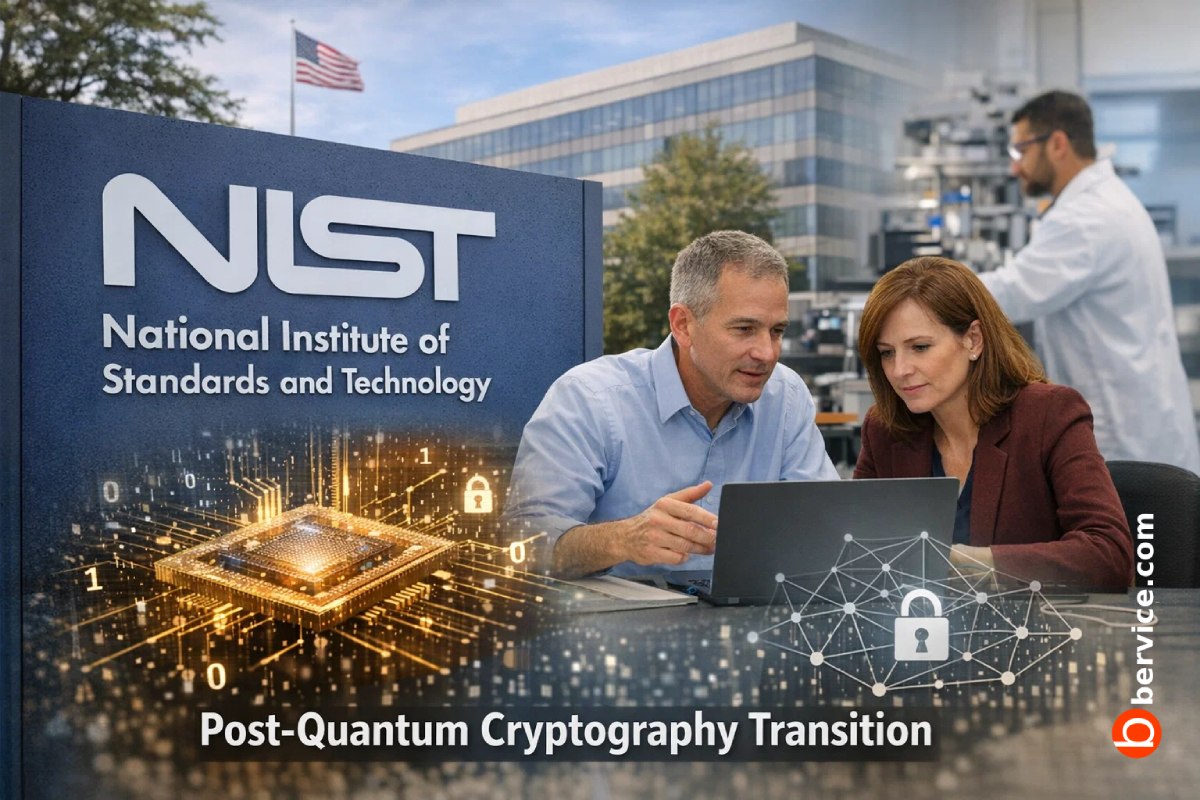-

Why Everyone Must Improve Their Knowledge of Data and Cyber Security in the Digital Age
Introduction: Security Is No Longer Optional The digital age has transformed how people work, communicate, learn, and manage their personal lives. Nearly every aspect of modern life now depends on digital systems, online platforms, and connected devices. As a result, personal data has become one of the most valuable assets in the world. Despite…
-

Understanding Shor’s and Grover’s Algorithms in Simple Terms
Power in Quantum Computing Quantum computing often sounds abstract and intimidating, but at its core, it introduces new ways of solving problems that classical computers struggle with. Two of the most famous examples are Shor’s Algorithm and Grover’s Algorithm. These algorithms clearly demonstrate why quantum computers are considered disruptive, especially for security, data search,…
-

Building a Safer Future in the Age of Accelerating Technology
1. We Are Building the Future, Whether We Intend to or Not Humanity is actively constructing the future through rapid technological progress. This future is not distant or abstract. It is unfolding in real time, shaped by exponential growth in computing power, connectivity, and automation. Every system we deploy today quietly defines the constraints…
-

The Day Quantum Computers Broke the Internet
A Cautionary Scenario of Unprepared Infrastructure Prologue: The Morning Nothing Failed The day began quietly. No alarms. No warnings. Banks opened. Hospitals ran. Governments logged in.Every system reported green. Somewhere else, far from public dashboards and compliance reports, the first large scale fault tolerant quantum computer finished a calculation that classical machines would need…
-

What Is NIST? Its Mission and Its Role in the Post-Quantum Cryptography Transition
Introduction As digital systems become more interconnected and long-lived, cryptography has shifted from being a purely technical concern to a matter of national infrastructure and global trust. One organization has played a central role in shaping how cryptography is standardized and adopted worldwide: National Institute of Standards and Technology, commonly known as NIST. In…